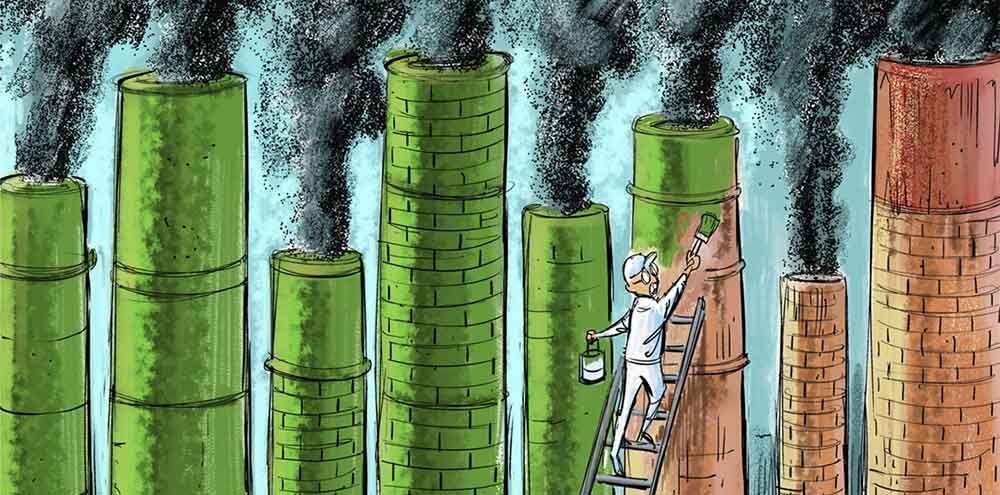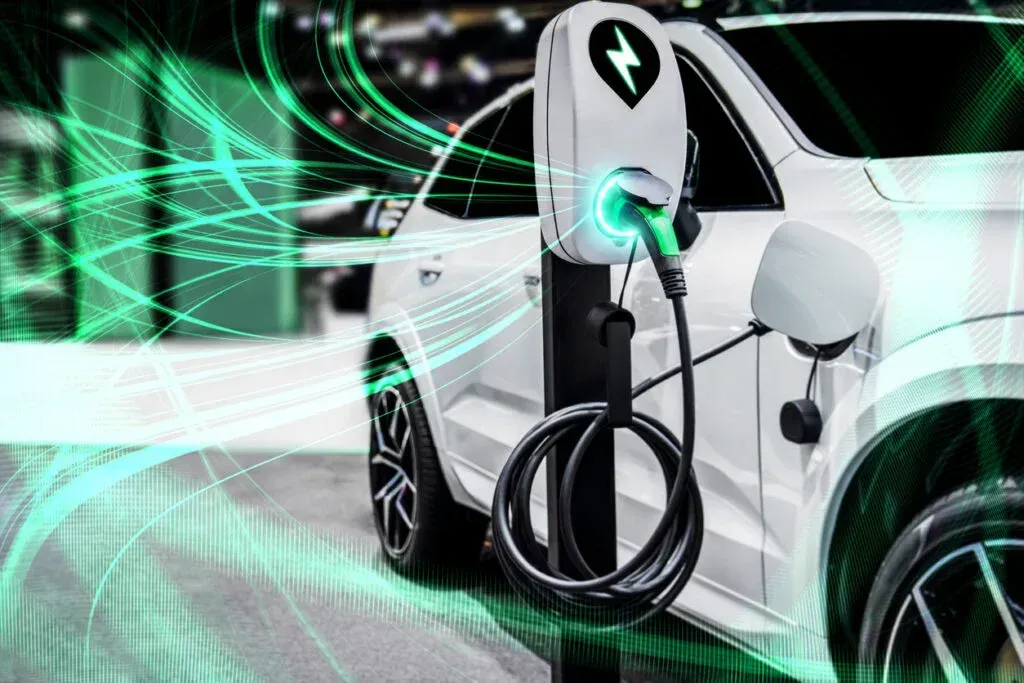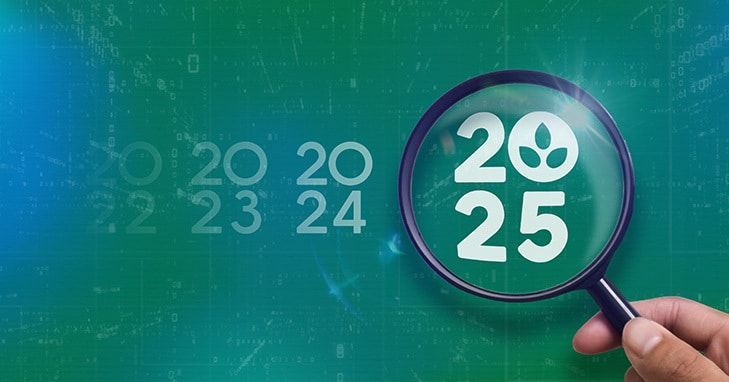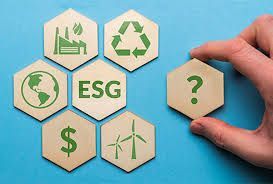Do You Smell Greenwashing? 4 New EU Rules On Misleading Greenwashing Claims
Discover how the EU's new rules are cracking down on greenwashing in the business world. Learn what's banned under these regulations and what it means for your brand's reputation. Protect your business by staying compliant and promoting honest environmental marketing practices.
Introduction
Companies today often make big claims about the environmental benefits of their products. Yet, not all these claims hold up under scrutiny. A 2020 EU study found that 53% of environmental claims were vague, misleading, or unfounded. 40% had no evidence. It's a concerning trend that has been aptly termed "green-washing." Good news! The EU Parliament and Council have agreed on new rules. These rules will stop misleading ads and provide accurate product info to consumers. Now, let's examine this new development to see what it means for businesses and consumers.
Understanding Greenwashing
To understand the EU's new rules, we need to know what green-washing means. Green-washing occurs when a company deceives customers by lying about its environmental dedication. Many false claims make products seem more eco-friendly than they really are.
The EU Commission's Eye-Opening Findings
The EU Commission's 2020 study highlighted the extent of this issue. More than half of the environmental claims were unclear or deceptive, and almost half had no proof. This showed that stricter rules were necessary to protect consumers from false advertising.
What's Banned Under the New Rules?
The EU created rules to stop companies from lying about being environmentally friendly. Here's a breakdown of what will be prohibited:
🚫 Generic Environmental Claims
Companies must provide evidence of good environmental performance to make general environmental claims.
🚫 Sustainability Labels
Labels that aren't approved or made by public authorities will also be banned for sustainability. This measure aims to prevent companies from creating their own misleading sustainability labels.
🚫 Premature Replacement Promotions
Companies cannot urge customers to replace products before necessary. This rule aims to prevent wasteful consumption driven by deceptive advertising.
🚫 Misleading Emissions Offset Claims
Products cannot claim to have a good effect on the environment by offsetting emissions. This ensures that companies cannot use offsetting as a green-washing tactic.
What's Next?
The EU Parliament and Council agreed on a plan to fight green-washing. This is a big step forward. However, there are still some important steps to follow:
🌟 Parliament and Council Approval
The deal needs approval from the EU Parliament and the Council. This crucial vote is expected to take place in November.
🌟 Implementation Period
If the directive is approved, member states will have 24 months to include the new rules in their laws. Businesses must change their advertising to follow the rules during this time.
Protecting Your Brand and Reputation
In light of these impending changes, businesses need to stay vigilant. It is important to make sure your company's environmental claims are accurate and follow the new regulations. Failing to do so can result in legal issues and damage to your brand's reputation.
Conclusion
Navigating the complex landscape of environmental advertising regulations can be daunting. If you're unsure about your company's compliance or want to run a diagnostic to assess the risk to your brand, it's wise to seek professional guidance. It's not just required by law to protect your brand's reputation and practice honest environmental marketing, it's also a commitment to a greener future.
The EU's new rules on green-washing help protect consumers from false environmental claims. These rules aim to stop false advertising and promote honest eco-friendly business practices. It's a win-win for both consumers and the environment.
How can I make my ESG more effective?
At NBS factory, we're committed to sustainable practices backed by science. We believe in transparency, not empty slogans. We understand the value of ESG and how to help with these challenges. The clock is ticking and there's no time for BS 😅 Start your journey to ESG excellence with a single step; we're here to support you. Send us an email now
hello@nbs-factory.com
or click here 👉
to request a demo
NBS factory specializes in developing ESG strategy and compliance by
- Conducting ESG assessments and audits
- Developing sustainability strategies and action plans
- Assisting in transparent ESG reporting
- Providing training and awareness programs
- Offering ongoing support to navigate regulatory changes and market expectations











